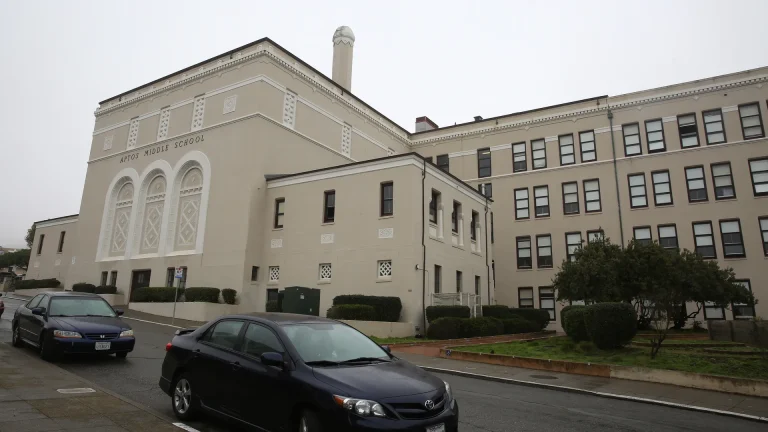In a move aimed at addressing literacy challenges in the state, New York Governor Kathy Hochul has earmarked $10 million from her education budget to support teacher training. The initiative seeks to assist educators in transitioning to a new curriculum focused on literacy education. Simultaneously, the Education Trust-NY is unveiling “The New York Campaign for Early Literacy” at the state Capitol, emphasizing the urgency of improving literacy outcomes for New York’s students.
Capital Tonight has obtained a sneak peek of the campaign, revealing its necessity in light of the state’s lower-than-desired ranking. New York stands at 37th place in 4th-grade reading on the 2022 National Assessment of Educational Progress. Notably, the scores are even more concerning within high-needs schools, exemplified by Rochester, where a mere 20% of students achieved proficiency in the 2022-23 New York state ELA assessment, according to Jeff Smink, the interim executive director for the Education Trust–New York.
Smink underscores the critical importance of addressing these challenges, stating, “Being able to read by the end of 3rd grade is foundational, both to student success and really the community’s success.”
“The New York Campaign for Early Literacy” is a collaborative effort, comprising nearly 80 organizations and individuals dedicated to enhancing reading outcomes for children throughout the state. This diverse coalition includes educators, early childhood providers, parents, schools, and librarians, among others. Together, they aim to tackle the issue of low literacy rates and implement strategies to bolster early literacy education.

Read more:
- Diversity Prohibition in Texas Public Colleges: Effects on Students and Multicultural Organizations
- High School Athletes in Florida May Soon Benefit from NIL Opportunities
- Student Consequences Authorized for Supporting Hamas
- Student Loan Realities: The Shift from Pause to Panic for Borrowers
Within this framework, the coalition is championing several initiatives, with notable support for a bill introduced by State Assemblyman Robert Carroll. Known as the “Right to Read” bill (A.2897/S.5480), the proposed legislation seeks to bring about policy changes promoting evidence-based practices aligned with the science of reading in schools statewide. Additionally, the bill empowers parents to access literacy rates at their children’s schools, fostering transparency and accountability.
The “Right to Read” bill addresses the pressing need for a comprehensive approach to literacy education, aligning curriculum and teaching practices with evidence-based methods. By incorporating the science of reading into educational policies, the bill aims to enhance literacy outcomes for students across the state. Furthermore, granting parents access to literacy rates fosters a collaborative environment between schools and families, ensuring a shared commitment to improving literacy skills.
The Education Trust–NY’s official announcement of “The New York Campaign for Early Literacy” is scheduled for Tuesday at the Million Dollar Staircase in the state Capitol in Albany at 10:30 a.m. The campaign launch signifies a concerted effort to bring attention to the urgency of addressing New York’s literacy challenges and mobilizing diverse stakeholders to collectively work towards improved outcomes.
Governor Kathy Hochul’s commitment of $10 million for teacher training aligns with the broader goal of the campaign, emphasizing the importance of investing in educators to equip them with the necessary tools for effective literacy instruction. As New York recognizes the need for comprehensive measures to enhance literacy rates, the convergence of government funding and grassroots initiatives signals a pivotal moment in the state’s approach to early literacy education.
In conclusion, the combined efforts of Governor Hochul’s budget allocation and the Education Trust-NY’s campaign reflect a commitment to prioritizing literacy education in the state. By addressing the challenges head-on and involving a diverse coalition of stakeholders, New York aims to turn the tide on its current literacy standings and create a foundation for academic success among its students. The launch of “The New York Campaign for Early Literacy” is a call to action, urging communities, educators, and policymakers to unite in their dedication to fostering a future where every child possesses strong literacy skills.















+ There are no comments
Add yours